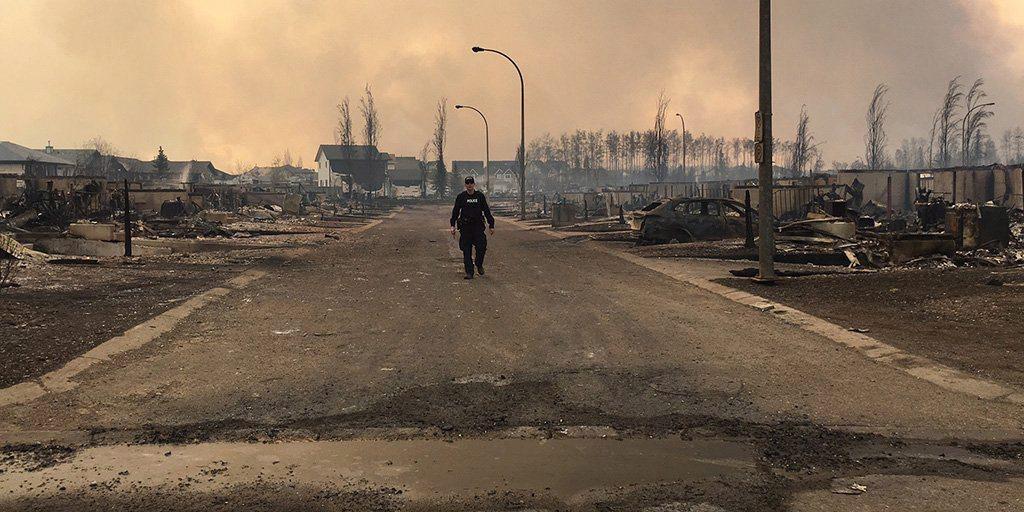Alberta’s UCP government tabled an omnibus “red tape” bill on March 8 it says will strengthen property rights for landowners and provide benefits for firefighters who developed certain cancers after fighting the Fort McMurray wildfires.
Bill 9, also called the Red Tape Reduction Statutes Amendment Act, 2023, is the province’s seventh red tape reduction bill. If passed, the bill will amend 14 individual pieces of existing legislation across nine government departments.





